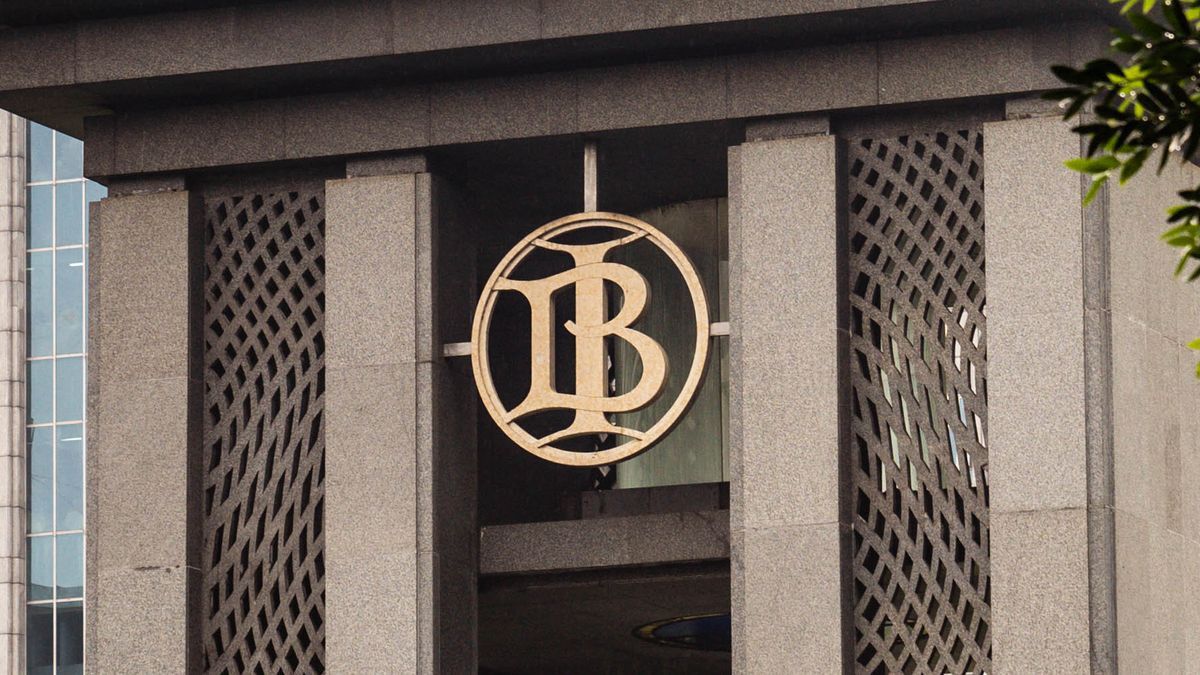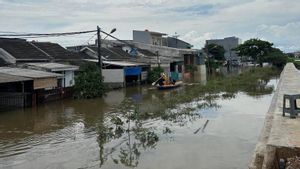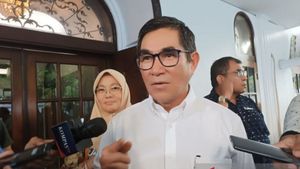JAKARTA - Bank Indonesia considers the Islamic economy and finance to be one of the solutions in facing global economic turmoil and uncertainty. In fact, in the future the Islamic economy and finance will be projected to experience a positive trend.
Deputy Director of the Department of Sharia Economics and Finance, Bank Indonesia, Diana Yumanita said, based on a research, Indonesia has quite a potential in the Islamic economy and finance sector. Where Indonesia is ranked 5th out of 73 countries for the category of global sharia economic and financial actors in 2019-2020.
The market share reaches 11 percent of the total global economic and financial volume.
To encourage sustainable economic growth and sharia finance in Indonesia, said Diana, Bank Indonesia and stakeholders who are members of the national committee on sharia economics and finance have consistently taken strategic steps towards the vision of Indonesia as the center of the world's sharia economy and finance.
One of the concrete steps taken by BI is in line with the blueprint, including encouraging the strengthening of the halal value chain ecosystem. This effort is carried out through collaboration in the development of sharia business actors. This includes Islamic boarding schools and MSMEs that are engaged in the halal industry sector.
"One of the initiatives carried out by Bank Indonesia is to provide support for sharia MSMEs, is carried out through the implementation of business coaching (business training) which will provide provisions for MSMEs and other sharia business actors in exploring export potential and utilizing the digital market for halal products," he said, at the ISEF event, Thursday, October 29th.
Diana said that this business training is expected to provide direct and indirect benefits in increasing business volume. At the same time contributing to the development of Islamic economics and finance in Indonesia towards Indonesia as the center of the world's Islamic economy and finance.
However, said Diana, in the future the wave of challenges that will be faced by sharia MSMEs in Indonesia will be increasingly heavy and complex with the post-pandemic COVID-19 phase that goes hand in hand, with shifting consumption and transaction patterns due to the era of the digital economy 4.0.
"Therefore, an effort is needed to be carried out strategically in encouraging the strengthening of the sharia MSME economy which is resilient in facing the uncertainty of regional and global economic situations and conditions through expanding global market access and utilizing the digital economy in expanding markets," he explained.
As is known, in crisis situations in previous years, in general, MSMEs have contributed to supporting the national economy. In 2018, MSMEs have contributed substantially or 61 percent of Indonesia's total GDP. With the employment rate reaching 96 percent of the total workforce or reaching 116.9 million people.
The English, Chinese, Japanese, Arabic, and French versions are automatically generated by the AI. So there may still be inaccuracies in translating, please always see Indonesian as our main language. (system supported by DigitalSiber.id)













